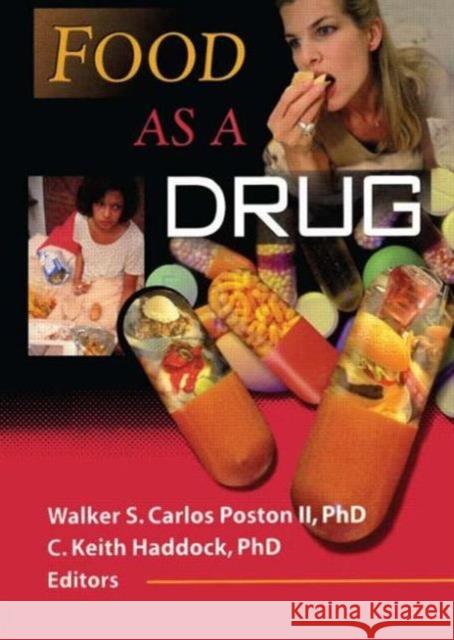Food as a Drug » książka
Food as a Drug
ISBN-13: 9780789009777 / Angielski / Miękka / 2000 / 188 str.
Food as a Drug provides psychologists, psychiatrists, and counselors with a unique discussion about possible addictive qualities of some foods to assist clients who are struggling with obesity or eating disorders. Examining the pros and cons of treating eating disorders with an addictions model, this book also explores the tremendous societal and personal costs of eating disorders and obesity, such as increased risk of heart disease, health care costs, and death. Thorough and concise, Food as a Drug will assist you in providing better services to clients with these types of dilemmas. Comprehensive and current, this reference provides information on relevant topics, such as diet and behavior relationships; cross-cultural perspectives on the use of foods for medicinal purposes; regulatory perspectives on drugs, foods, and nutritional supplements; and whether foods have pharmacological properties.Food as a Drug address several important topics, such as: focusing on sugar to determine the effects of food additives on children's behavioral disorders, such as attention deficit disorder and hyperactivity addressing the role that your diet plays on serotonin levels, carbohydrate craving, and depression examining the phenomenological, psychological, and physiological correlations between overeating and how foods may be used to alleviate negative moods discussing the pros and cons of treating obesity and eating disorders with addiction modelsWritten by experts in the field, this book offers you in-depth studies and information about the nature of food as a potentially addictive substance. Food as a Drug will help you understand these difficult-to-treat conditions and offer clients better and more effective services.











